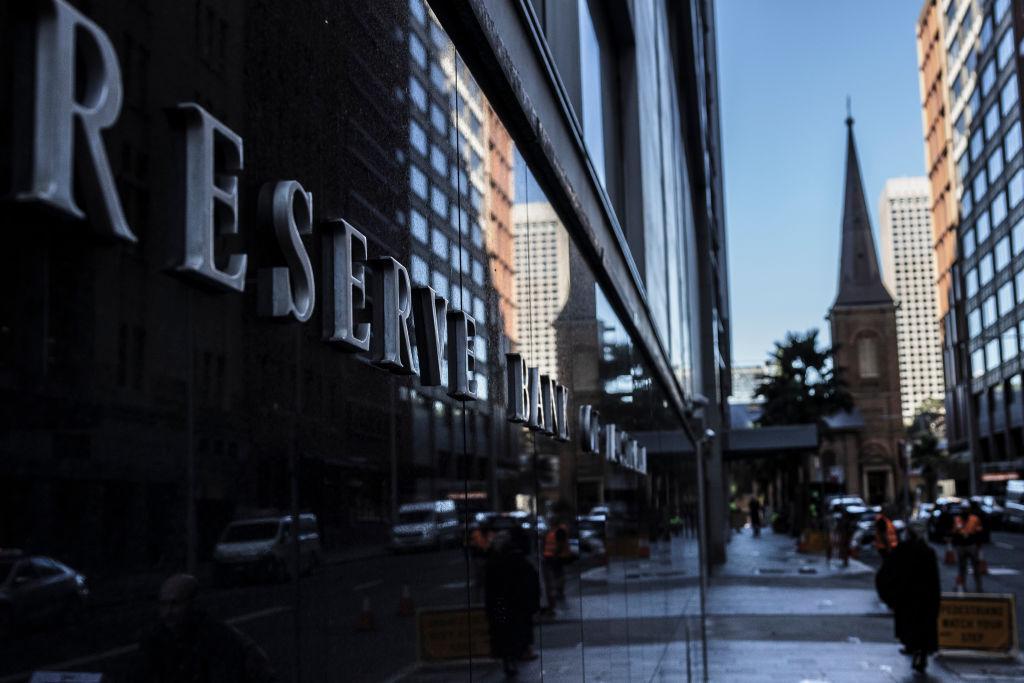The Reserve Bank of Australia (RBA) has announced the fifth consecutive interest rate increase and hinted at further rises in the upcoming months.
At its board meeting on Sep. 6, the RBA decided to raise the official cash rate by 0.5 percent to 2.35 percent, the highest level since 2015.





